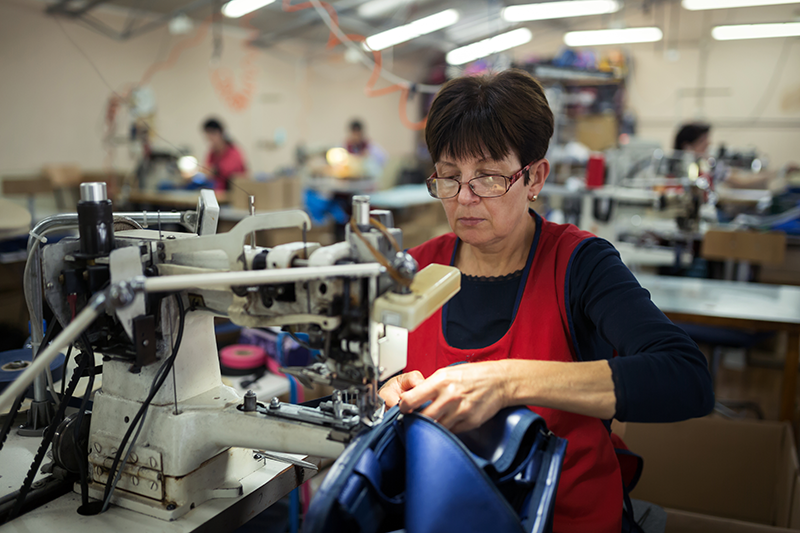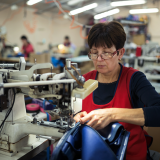
Relațiile de muncă și dialogul social
Relațiile de muncă și dialogul social reprezintă una dintre cele șase activități principale ale programului de activitate al Eurofound pentru perioada 2021-2024. Eurofound va acționa în continuare ca centru de expertiză pentru monitorizarea și analiza evoluțiilor în materie de sisteme de relații de muncă și de dialog social la nivel național și la nivelul UE. Agenția va sprijini în continuare dialogul între partenerii sociali, inclusiv în contextul impactului pandemiei de COVID-19, folosind know-how-ul rețelei de corespondenți ai Eurofound de la nivel național.
În următorii patru ani, Eurofound va oferi contribuții importante pentru înțelegerea provocărilor și a perspectivelor din domeniul relațiilor de muncă și al dialogului social în UE. Cu o expertiză îndelungată în domeniu, Eurofound cercetează principalele evoluții care afectează actorii, procesele și rezultatele esențiale ale relațiilor de muncă. Agenția compară sistemele naționale de relații de muncă, inclusiv dialogul social național și negocierea colectivă. Folosind baza de date PolicyWatch a UE privind COVID-19, creată în 2020, Eurofound va monitoriza inițiativele în materie de politică ale guvernelor, ale partenerilor sociali și ale altor actori menite să atenueze consecințele sociale și economice ale crizei, precum și să contribuie la eforturile de redresare. Agenția își va continua activitatea de raportare periodică cu privire la evoluțiile în materie de stabilire a remunerațiilor , salariu minim și timp de lucru , precum și cu privire la rezultatele în materie de viață profesională.
Expertiza Eurofound sprijină consolidarea capacităților partenerilor sociali în vederea desfășurării unui dialog social eficace; agenția promovează dezvoltarea dialogului social european prin analiza reprezentativității organizațiilor partenerilor sociali din diferite sectoare cu scopul de a evalua eligibilitatea acestora pentru participarea la comitete pentru dialog social.
- Infografic: Relațiile de muncă și dialogul social în UE
„Suntem aici pentru a susține dialogul între partenerii sociali. Consider că datele pe care le culegem și activitatea de cercetare pe care o desfășurăm sunt importante în măsura în care ajută actorii, îi ajută să funcționeze mai bine... Dialogul social vibrant face parte din ceea ce am putea numi economia socială de piață, spre care tinde Uniunea Europeană.”
David Foden, consilier, relații de muncă



























